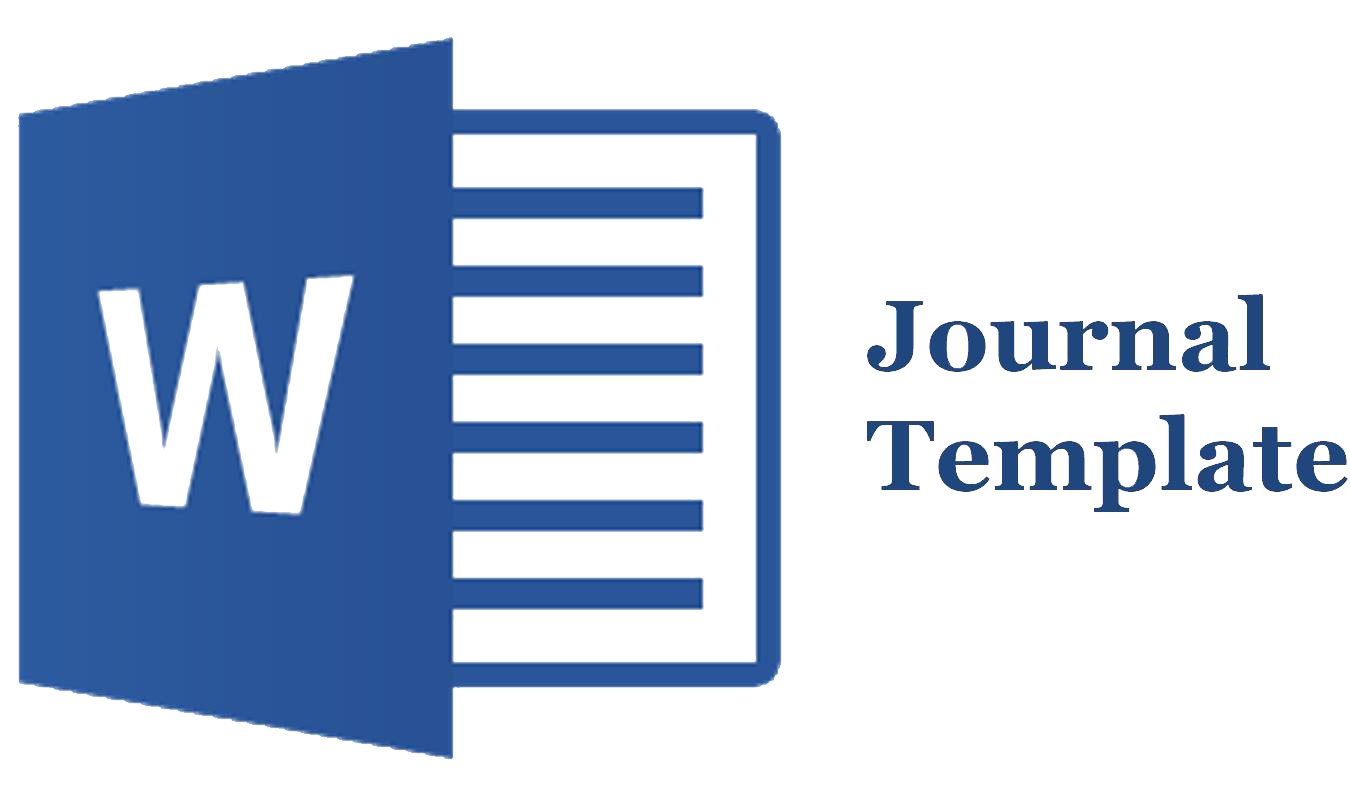Analysis of Violations of the Code of Ethics of KPPS Members in the West Sumatera Governor Election 2020
Abstract
The phenomenon of voting ballots with a pen carried out by voters at TPS 1 in Salak Village, Sawahlunto City, in the 2020 West Sumatra Governor Election caused problems with the performance of KPPS officers. KPPS members were declared to have violated the code of ethics and received a written warning from the KPU of Sawahlunto City. This study aims to describe the process by which members of the KPPS violated the code of ethics at TPS 1 Salak Village and analyze the causal factors. Data analysis uses the theories of election fraud and election malpractice. This research uses a qualitative descriptive approach with a case study method. The results showed that the KPPS violated the code of ethics at TPS 1 in Salak Village due to: The KPPS members' non-compliance with the rules, namely, "preparing TPS" before starting the voting process. Violations occurred due to the negligence of KPPS officers in providing voting tools in the voting booth. The lack of knowledge of voters regarding the correct regulation of ballot voting procedures Factors causing violations of the code of ethics of KPPS members at TPS 1 in Salak Village: The violation occurred because the KPPS was unable to work professionally. KPPS's human resources are poor at understanding regulations. PTPS supervision is weak. The lack of coordination between KPPS officers and PTPS, PPS, and PPK. Limited resources and training for KPPS.
Keywords:
Pilgub, Kode Etik, Malpratik PemiluDownloads
References
How to Cite
Published
Issue
Section
License
Copyright (c) 2021 Sumarni Sumarni, Aidinil Zetra, Indah Adi Putri

This work is licensed under a Creative Commons Attribution-NonCommercial-ShareAlike 4.0 International License.
- Authors retain copyright and grant the journal right of first publication with the work simultaneously licensed under a Creative Commons Atribusi-Non Commercial-Share Alike (CC BY-NC-SA).
- Authors are able to enter into separate, additional contractual arrangements for the non-exclusive distribution of the journal's published version of the work (e.g., post it to an institutional repository or publish it in a book), with an acknowledgement of its initial publication in this journal.
- Every publication (printed/electronic) are open access for educational purposes, research, and library. Other than the aims mentioned above, the editorial board is not responsible for copyright violation.













